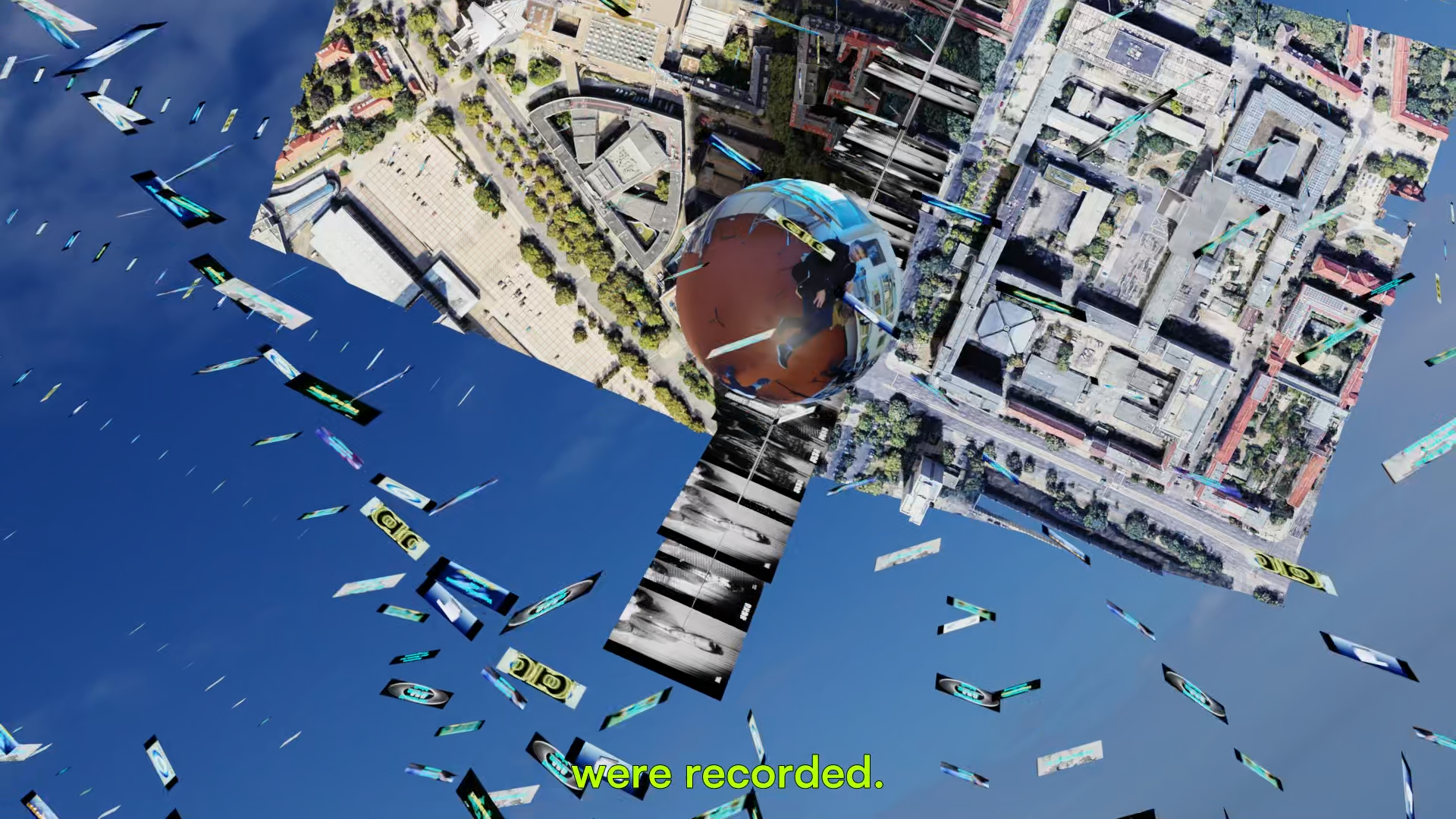11.11.25, 18:00 – TRACES Research Station Lutherplatz
Robin Kötzle
„Chaos stiften“ – Immersive Räume als Medium einer kritischen Ausstellungspraxis
Immersive technologies are shaping our everyday lives more than ever before and are increasingly viewed critically due to their strong hold on the viewer. At the same time, educational institutions such as museums are under considerable pressure to modernize, expand their physical sphere, and exploit the educational potential of the digitalized world. In an age of polarized discourse and media overload, both art history and the visual arts have a responsibility to find strategies that contribute to a better understanding and constructive use of digital media.
What mechanisms determine immersive spaces and how can they contribute to critical mediation work? We will explore these questions in conjunction with the seminar “Deconstructing the Museum? Art Exhibitions in the 20th Century” by Johanna Wurz, MA. Throughout the history of art exhibitions, immersive spatial designs have repeatedly been reactivated as a tool of democratization and adapted to the media influences of their audience.
Using the example of virtual spaces, we will focus on the present and address the question of what advantages spatial staging has for communicating complex contexts and what added value the digital sphere offers. These questions are closely intertwined with the respective understanding of history and today's demand for multi-perspectivity in representation. The failure of some discourses on postcolonial issues exemplifies the need for new visualizations that reconcile the complexity of historical events with a vivid form—and ultimately enable an examination of the structures of our culture of remembrance.
Robin Kötzle works at the intersection of visual arts and historical studies. In his works such as Chinese Pavilion and Archive 1: Protest, he uses digital means to explore questions of archiving, memory, and the (re)presentation of historical events. He uses historical perspectives, 3D scanning, and VR to develop alternative narratives and question social norms.
His cross-media practice encompasses film, animation, sound, and immersive spaces and aims to make complex contexts and different perspectives accessible. Kötzle works in collective and activist contexts, among others, and understands art as a vehicle for testing new communication strategies and creating communal experiences in as yet unknown spaces.
Robin Kötzle is a freelance artist and works as a filmmaker in Berlin. Since 2025, he has been part of the BPA// Berlin program for artists and receives the Saxon State Graduate Scholarship.
Free admission
Event in German
Fig: Style from “Archive 1: Protest,” 2024
